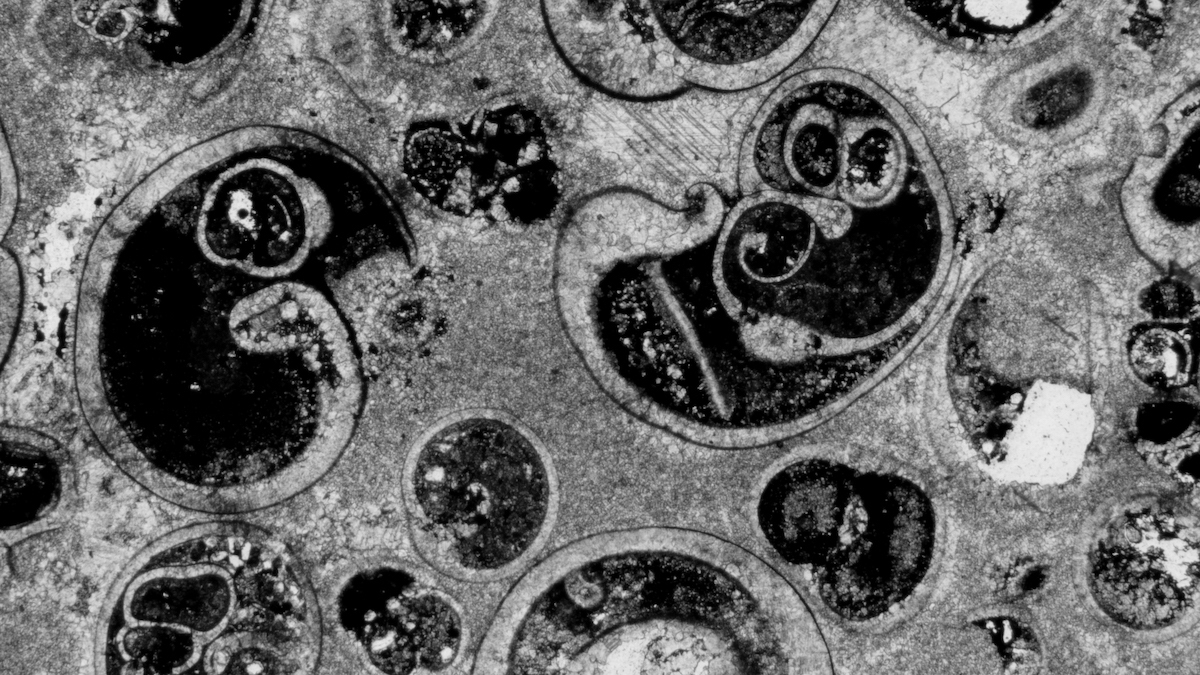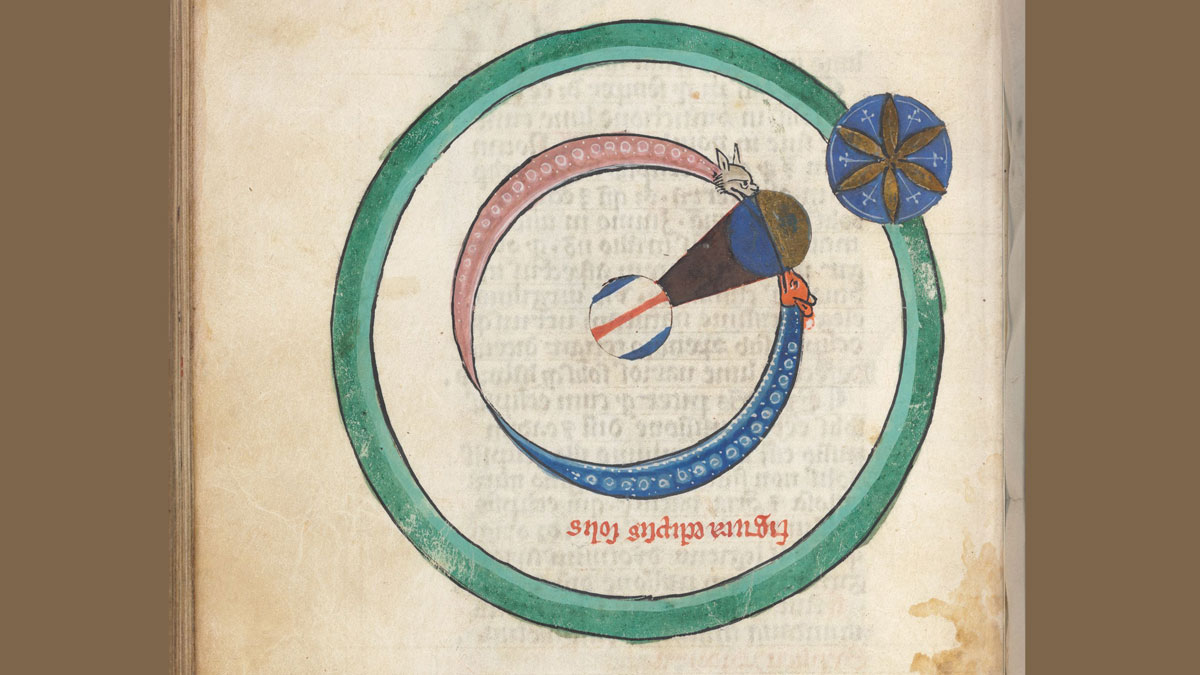Measuring shells and skeletons encased in thousands of limestone samples has revealed that the sheer amount of living stuff in Earth’s oceans changed alongside the diversity of organisms.
time
El Antropoceno merece reconocimiento oficial, sostienen algunos expertos
La Unión Internacional de Ciencias Geológicas decidió no designar una nueva época geológica, pero el asunto aún no se ha resuelto.
Anthropocene Deserves Official Recognition, Some Experts Maintain
The International Union of Geological Sciences chose not to designate a new geologic epoch, but the matter is not yet settled.
Core Movements Could Be Causing Tiny Shifts in Earth’s Spin Speed
Researchers use ancient eclipse data and new machine learning techniques to understand what processes changed the length of Earth’s days over the past 3,000 years.
The Relatively Messy Problem with Lunar Clocks
Using Einstein’s theory of general relativity, physicists found that clocks on the Moon would run 56 microseconds faster than clocks on Earth. That finding will help future lunar missions navigate.
Passing Stars Shorten Earth’s Time Horizon
Stars in the solar neighborhood could jostle planetary orbits, making it harder to turn back the clock and examine Earth’s orbital or climate history.
A Lake Paves the Way for Defining the Anthropocene
Scientists recently voted to designate Crawford Lake, a small body of water in southern Canada, as the reference site of the “Age of Man.”
Precisely Synced Clocks Pave the Way for New Science
Researchers working on Hawaiian mountain tops precisely synchronized two clocks with unprecedented efficiency, demonstrating the potential to create networks of such clocks for geodesy and more.
COVID-19 Got You Feeling Under the Weather? Maybe Blame…the Weather
High humidity and low temperature altered COVID-19 spread in Brazil, but only slightly.










